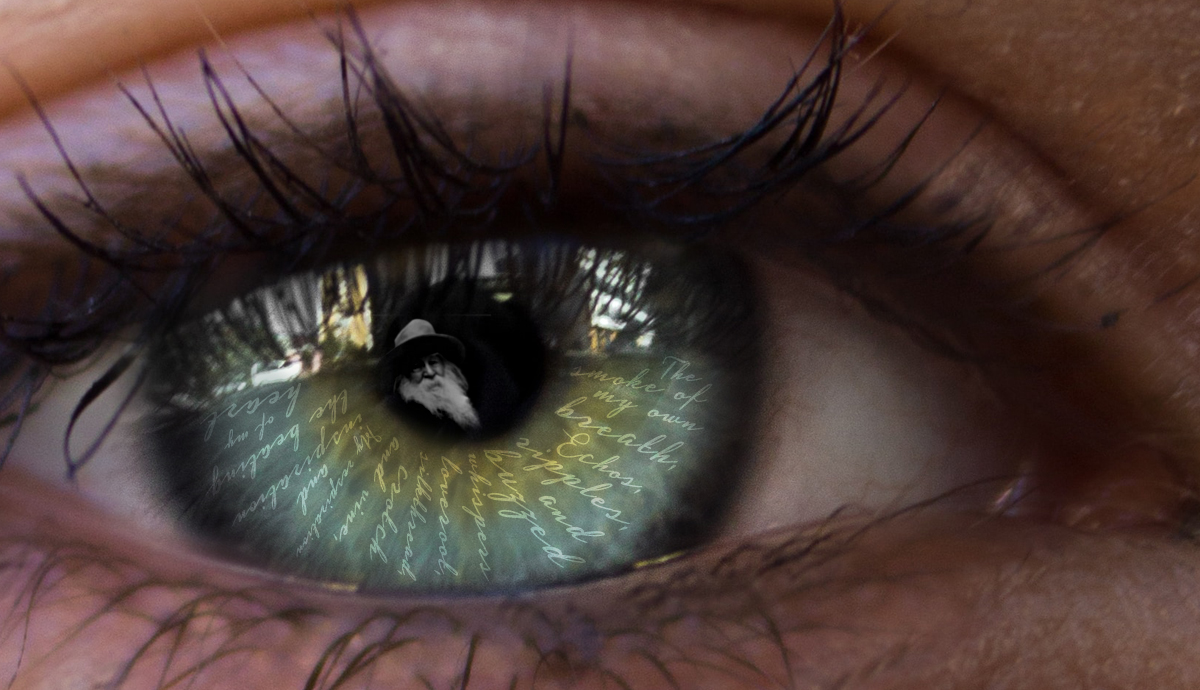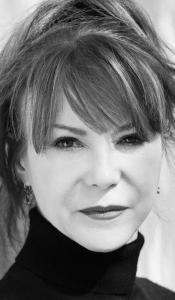Introduction to Every Atom by project curator Brian Clements
I remember clearly the first time I heard Walt Whitman’s voice. I was in my 20s, working as a poet-in-the-schools in Los Angeles, eating my lunch in the teachers’ lounge of an inner-city elementary school. Of course, I had read Whitman’s poems before, but I had never actually heard this voice—which I suddenly heard so clearly, so intimately, that I felt as if it were whispering directly into my ear, and I felt the top of my head come off. “Oh my God, listen to this,” I said to a small group of teachers at the next table, and started to read aloud from the anthology I’d been browsing through:
The smoke of my own breath,
Echos, ripples, and buzzed whispers . . . . loveroot, silkthread, crotch and vine,
My respiration and inspiration . . . . the beating of my heart . . . . the passing of blood and air through my lungs...
The teachers looked at me, as they often did, as if I’d come from another planet. Their looks said to me, “Well, duh, Cecilia, it’s Whitman. We’ve all heard this before. Hadn’t you?” But the truth is I hadn’t; I’d read those lines and I’d listened to them read aloud but I hadn’t ever really heard them before, not their almost-terrifying aliveness, not their incantatory rhythms. I had never, until that moment, fallen under their spell. When I did, something broke open inside of me, some whole other sense of what existence might be. I suppose some might call this a religious experience.
And I suppose it’s as Miller Williams wrote: “A poem comes into existence when the imagination of a writer and the imagination of a reader meet inside an act of language.” I must have just been ready to meet Whitman that day, and he must have been stopped somewhere, waiting for me.
I went on reading after the teachers left the lounge. And then, following the advice of another teacher—“The way to teach something you love is to love it”—I took my new-found love of Whitman back into the classroom with me, chanting his lines to my students, urging them to listen, to let themselves be swept up into this vision, to see themselves as Whitman saw himself, as part of everything, to breathe words into lines in rhythm with their breathing:
And I know that the spirit of God is the eldest brother of my own,
And that all the men ever born are also my brothers . . . . and the women my sisters ...
And that a kelson of the creation is love
Was this effective? Who can say? But my students imbibed that sense of intoxicated wonder, and some of them made it their own, and some fell in love with Whitman, too. One 11-year-old girl wrote that, if she ever got married, she would only marry a transcendentalist like Walt Whitman, who knew that it was as great to be a woman as to be a man.
Whitman was to stay with me. I incorporated his poems into the lessons I presented in classrooms, using his work alongside the work of poets like Langston Hughes and Joy Harjo and other quintessentially American poets whose poetry, to my mind, shares the expansive vision and passionate rhythms of Whitman’s—as if there might be some larger voice that lives inside us all, and Whitman’s voice had simply partaken of that. What had stunned me the first time I really heard that voice—that a human consciousness could be kept alive in language, so that it could speak across space and time— continues to astound me. Sometimes that voice has seemed to be humming inside my own voice, humming as I write.
Years after that day, when I was in graduate school getting an MFA in poetry, I dreamed that Walt Whitman was my faculty mentor. Of course, everyone wanted him for their mentor, too, and he was easily swayed, swept up in crowds, and I saw him drifting away, wandering off in a state of distraction, with his slouched hat and long gray beard. I called out over the heads of the other poets for him to come back, to not forget he was meant to guide me, to not forget that he was mine.




